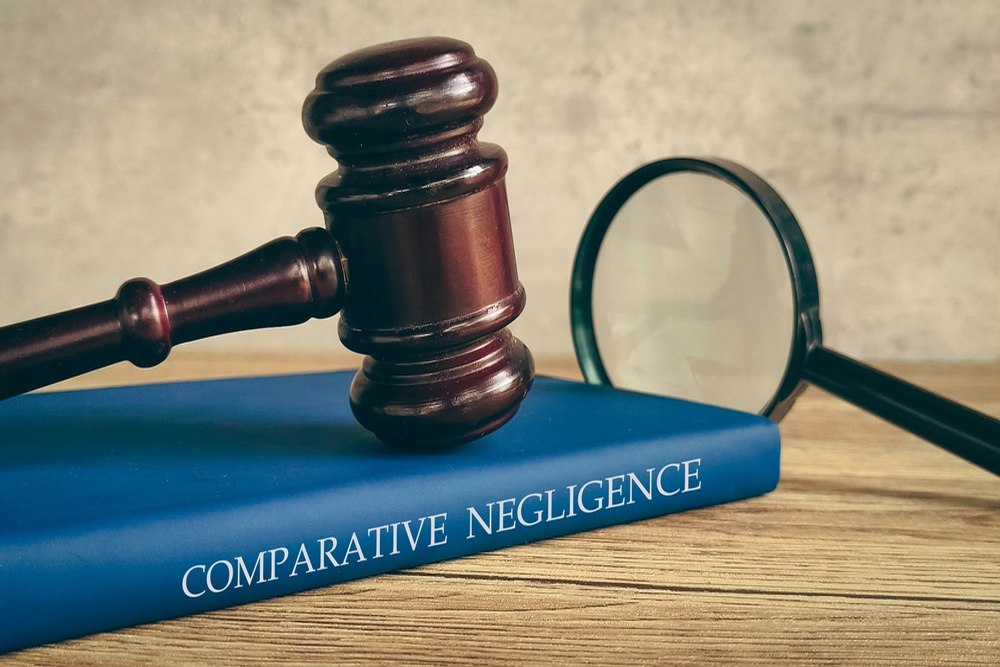
Understanding the Basics of Comparative Fault
When you’re involved in an accident, one of the first questions that arises is who is at fault. In many personal injury cases, determining fault isn’t always black and white. Comparative fault, also known as comparative negligence, refers to a legal principle that assigns a percentage of responsibility to each party involved in an accident. This means that even if you share some of the blame, you may still be entitled to compensation, just reduced based on your percentage of fault. For instance, if you were found to be 20% at fault for a car accident, you could still recover 80% of your damages. Understanding how this concept works is essential because it can significantly affect the compensation you ultimately receive.
How Comparative Fault Affects Compensation
Comparative fault laws exist to make the process of assigning responsibility fairer. Rather than completely barring recovery if you contributed to the incident, this system adjusts your compensation according to your share of the fault. For example, if your total damages amount to $100,000 and you are found 25% responsible, you would receive $75,000. However, the rules vary depending on the state’s specific approach. Some states follow a “pure” comparative fault rule, allowing recovery even if you were 99% at fault.
In contrast, others use a “modified” rule, which limits recovery if your fault exceeds a specific percentage—usually 50%. If your case is in California, the state follows a pure comparative negligence system. This can work in your favor, but it also opens the door for insurance companies and opposing attorneys to argue that you deserve less compensation. Understanding how these numbers affect your claim can help you make informed decisions during negotiations or litigation.
The Role of Evidence in Determining Fault
Evidence plays a significant role in how fault is determined and how much compensation you receive. Every photo, medical record, witness statement, and police report can influence how the percentage of fault is assigned. For example, if surveillance footage shows that another driver ran a red light, it strengthens your case and can reduce your assigned fault. On the other hand, if there’s evidence that you were distracted or speeding, it could increase your share of responsibility. This is why gathering and preserving evidence as soon as possible after an accident is critical. Even small details, such as road conditions, traffic signals, or vehicle damage, can shift the outcome of your case. When you understand how comparative fault operates, you’ll recognize why presenting clear, credible evidence is one of the most powerful tools for protecting your right to fair compensation.
Why Legal Representation Matters in Comparative Fault Cases
Comparative fault cases can become complex quickly, especially when multiple parties are involved or when insurance companies are eager to minimize payouts. Without proper legal representation, it’s easy to accept less compensation than you deserve. A skilled personal injury attorney understands how to interpret comparative fault laws and apply them strategically to your advantage. They can analyze your case, collect compelling evidence, and challenge any attempt to increase your percentage of fault unfairly. Legal expertise also ensures that your claim is presented clearly and that every aspect of your damages—medical expenses, lost income, pain, and suffering—is accounted for. When you have a lawyer advocating for your interests, you’re not just relying on emotion or assumption; you’re backed by experience and strategy that can make a significant difference in the outcome.
Protecting Your Rights After an Injury
When you suffer an injury or lose a loved one due to another person’s negligence, understanding comparative fault can mean the difference between partial recovery and complete justice. Every percentage point of fault matters, and knowing how the law applies to your situation helps you pursue the compensation you’re entitled to. Don’t let uncertainty about legal terms or processes keep you from standing up for your rights. If you’ve lost a loved one or suffered an injury because of someone else’s negligence, The Law Office of Scott M. Blumen can help you understand your legal options and fight for the justice you deserve. Call (619) 439-1837 or complete the online form to schedule a consultation today.


